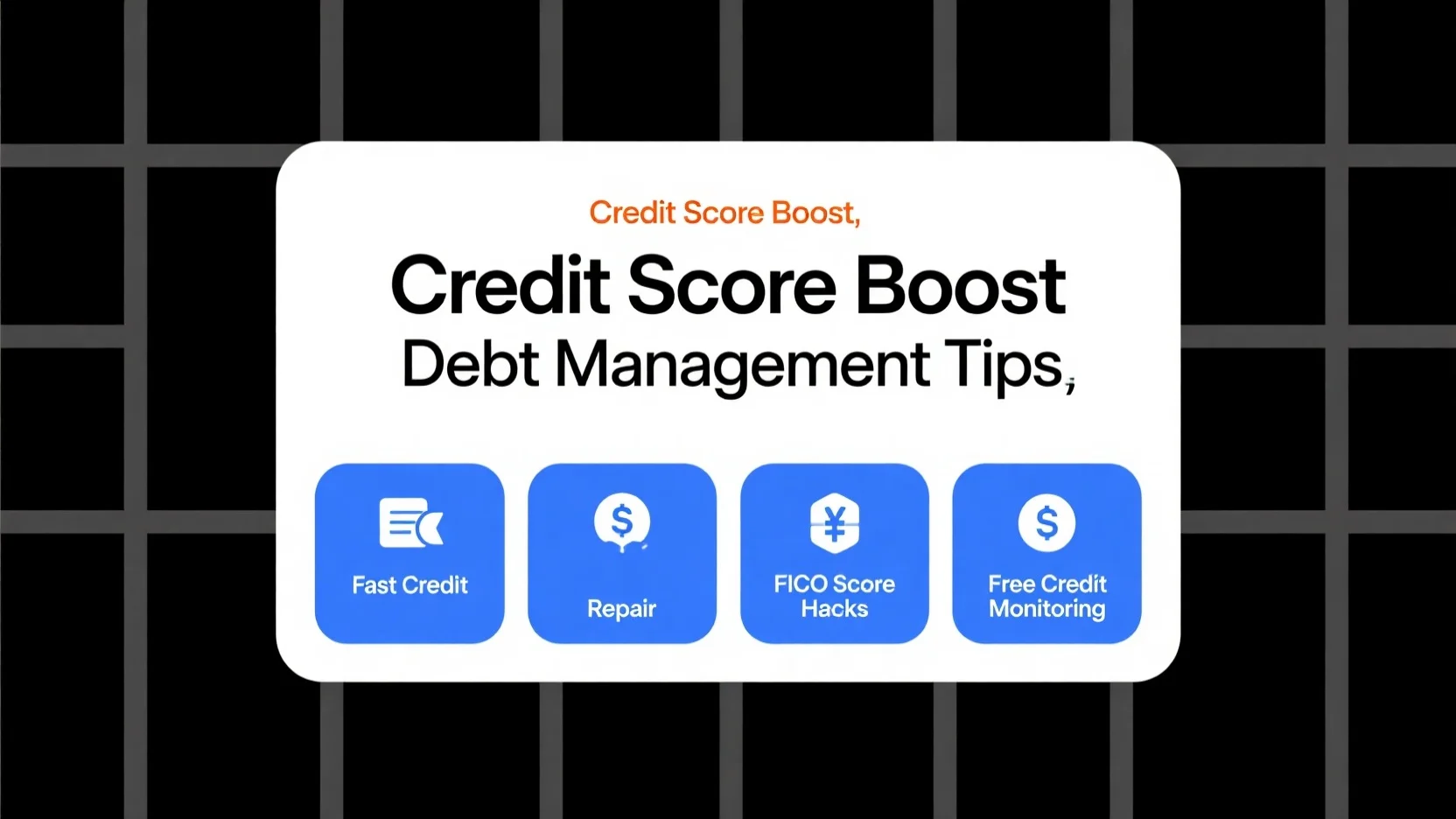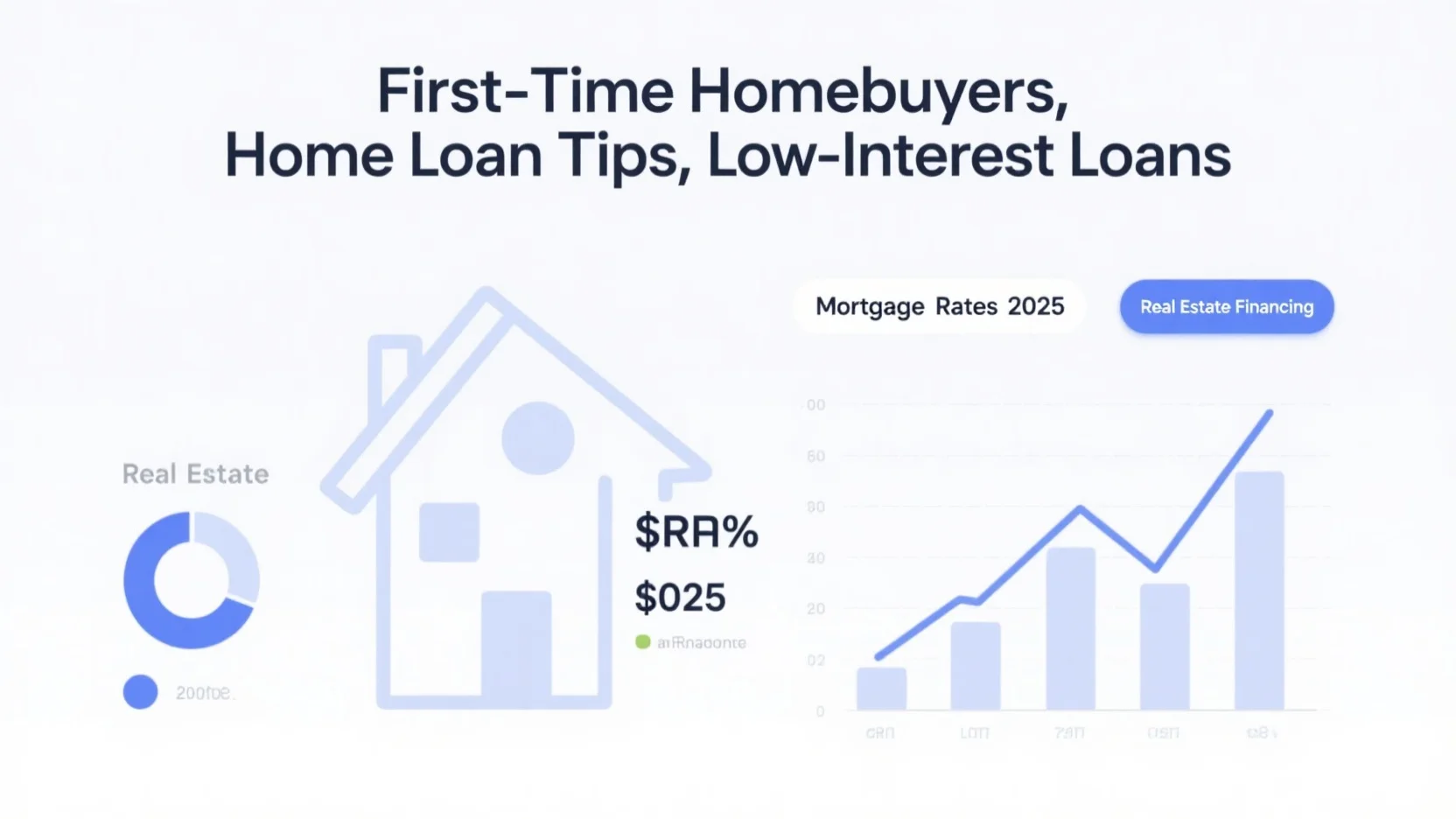Image Source: pexels
How to Choose the Best Mortgage Rates for First-Time Homebuyers in 2025 is crucial for maximizing savings. In January 2025, mortgage rates are averaging around 7.09%, which is lower than last year but still significantly higher than the 2.65% seen in 2021. Securing lower rates can lead to smaller monthly payments and substantial long-term savings. First-time homebuyers should focus on improving their credit scores and researching lenders early in the process. Experts predict that rates could drop to 5.5% or 6.0% by the end of the year, making preparation even more essential for those looking to secure the best deal.
Key Takeaways
- Improve your credit score before applying for a mortgage. Aim for a score of 740 or higher to get the best rates.
- Save for a down payment by cutting costs and finding extra income. Consider local programs that can help with down payments.
- Compare multiple lenders and their offers. Look for special programs for first-time buyers to find the best deal.
Steps to Get the Best Mortgage Rates
Boost Your Credit Score
A good credit score helps you get better mortgage rates. In 2025, lenders prefer scores of 740 or higher for the best deals. First-time buyers should work on improving their credit before applying.
- Look for mistakes in your credit report and fix them.
- Pay bills on time to show you are reliable.
- Keep credit card balances low to improve your score.
- Don’t open new credit accounts, as it can hurt your score.
- Ask to be added to a trusted person’s credit account to benefit from their good credit.
These tips can make your credit stronger and help you get lower rates.
Save Money for a Down Payment
Saving for a down payment takes planning and effort. First-time buyers can try these ideas to save more:

- Earn extra money with side jobs or hobbies.
- Spend less by cutting unnecessary costs and lowering bills.
- Look into local programs that help with down payments.
- Live with family or get a roommate to save on rent.
- Pause other savings goals, like retirement, for now.
Keep an emergency fund for unexpected costs after buying a home.
Lower Your Debt-to-Income Ratio
Lenders check your debt-to-income (DTI) ratio to see if you can handle payments. A DTI of 43% or less is best for approval. If your DTI is higher, it may be harder to get a loan or you might pay more interest.
To lower your DTI, you can:
- Pay off debts with high interest and make extra payments.
- Avoid new debt before applying for a mortgage.
- Earn more money with part-time work or freelancing.
- Use a budget to manage your money wisely.
Lowering your DTI makes it easier to get a loan and better rates.
How to Choose the Best Mortgage Rates for First-Time Homebuyers in 2025
Compare Different Lenders and Loan Offers
In 2025, first-time buyers should check many lenders for good rates. Look at interest rates and fees since they affect loan costs. Pick lenders with loan options that fit your needs. Lenders who help first-time buyers can give useful advice.
When comparing lenders, ask these questions:
- What papers do I need to get approved?
- Can I apply online or by phone?
- Are there special programs for first-time buyers?
- Can rates be locked, and what does it cost?
Also, read reviews and check if the lender meets deadlines. This helps you choose wisely.
Use Online Tools and Calculators
Online tools make finding mortgage rates easier. Use calculators for payments, home costs, or FHA loans. These tools give quick ideas about monthly payments.
But remember, calculators might miss things like taxes or fees. Their accuracy depends on the details you enter. Use them with expert advice for better results.
Get Pre-Approved for a Mortgage
Pre-approval is important for first-time buyers. It shows sellers you are ready to buy. It also gives you a clear budget to follow.
To get pre-approved, collect papers like pay stubs and bank records. If self-employed, include business documents. Extra income needs proof too. Pre-approval makes buying smoother and helps in tough markets.
First-Time Homebuyer Programs and Discounts
Explore State and Local Assistance Programs
State and local programs can help first-time buyers save money. Many states have housing finance agencies (HFAs) that give grants or loans. These can cover down payments or closing costs. Local governments also offer programs for specific areas. They often provide grants to help new buyers. Non-profit groups also assist with money or homebuying advice.
Tip: Ask your employer or union about housing help. Some offer grants or low-interest loans for first-time buyers.
Banks and lenders may have their own grants too. For example, America’s Home Grant and Wells Fargo Homebuyer Access Grants give $7,500 or $10,000. These can help with closing costs or down payments. Buyers can also check HUD’s Directory of Homebuying Programs for local options.
Look for Federal First-Time Homebuyer Incentives
Federal programs make buying a home cheaper by lowering upfront costs. These include tax credits, low-interest loans, or down payment help. But in busy markets, these programs might raise home prices a little. For example, during the Great Recession, similar programs increased prices by 2-5% in some places. Still, federal programs are helpful, especially in less crowded markets.
Programs like FHA loans, USDA loans, and VA loans help certain groups. They offer lower down payments or cheaper interest rates. Buyers should compare these to find the best fit for their needs.
Check for Lender-Specific Discounts
Some lenders give special deals to first-time buyers. These deals might include help with closing costs or lower interest rates. For instance, Citibank offers $7,500 in assistance, and Chase has a similar grant. The National Homebuyers Fund also gives grants up to 5% of the home’s price.
Note: Ask about these deals when comparing lenders. Combining lender offers with state or federal programs can save even more money.
By using these programs and discounts, first-time buyers can lower upfront costs. They can also get better mortgage terms. Knowing how to choose the best mortgage rates for first-time homebuyers in 2025 means using these options wisely.
Getting ready financially and doing research is very important for first-time homebuyers to find the best mortgage rates. Buyers should take these steps:
- Learn about different loan types, like FHA and VA loans. These loans often need smaller down payments.
- Check what you can afford by looking at your debt-to-income ratio. Don’t forget to include fees and closing costs.
Avoid these common mistakes:
- Looking at houses before getting preapproved for a mortgage.
- Talking to just one lender instead of comparing several offers.
- Skipping government-backed loans like FHA, VA, or USDA options.
By learning and planning ahead, buyers can handle the mortgage process well and get good loan terms.
FAQ
What credit score is best for a mortgage in 2025?
A score of 740 or more is ideal. It helps buyers get the lowest interest rates and best loan deals.
How much money should first-time buyers save for a down payment?
Saving 20% of the home price is smart. But some programs let buyers pay as little as 3% to 5%.
Can first-time buyers use multiple assistance programs together?
Yes, they can mix state, federal, and lender programs. This lowers upfront costs and makes buying a home easier.





